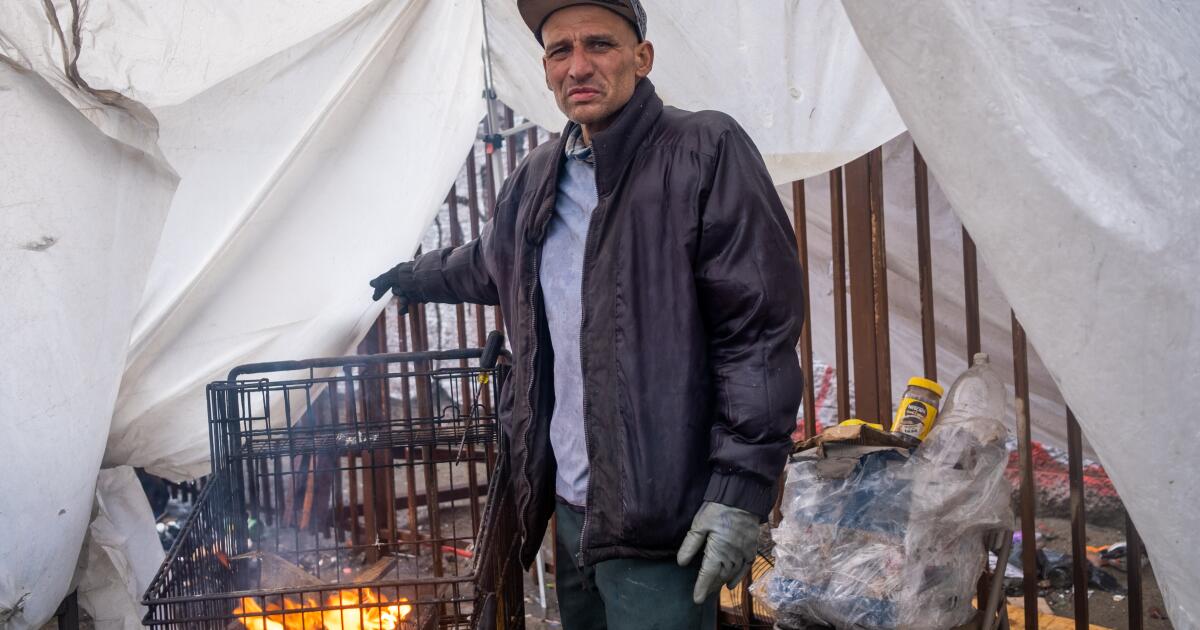If 100 homeless people were given $750 per month for a year, no questions asked, what would they spend it on?
That question was at the core of a controlled study conducted by a San Francisco-based nonprofit and the USC Suzanne Dworak-Peck School of Social Work.
The results were so promising that the researchers decided to publish results after only six months. The answer: food, 36.6%; housing, 19.5%; transportation, 12.7%; clothing, 11.5%; and healthcare, 6.2%, leaving only 13.6% uncategorized.
Those who got the stipend were less likely to be unsheltered after six months and able to meet more of their basic needs than a control group that got no money, and half as likely as the control group to have an episode of being unsheltered.



This isn’t really true.
We generally don’t experiment with economic policy because it’s not practical.
The main impediment to UBI is not supporting data, but political will. Voters are so used to punishing poor people that UBI just doesn’t resonate with the voting public. Of course that will change with the continuing encroachment of automation.
Additionally UBI is not all or nothing. You could increase it over time. If 20% of average salary is the objective, then start with 1% this year and increase it by 1% each year for the next 19 years. It will take 20 years to dismantle the other welfare systems anyway.
You know that’s a good point. It takes a few years to get a UBI up to full throughput anyways. I think part of the problem with that approach is it will be more expensive to start, at least on paper. And God forbid we spend money on anything other than the military. But it’s certainly true, we don’t need to switch it like a light switch by any means.